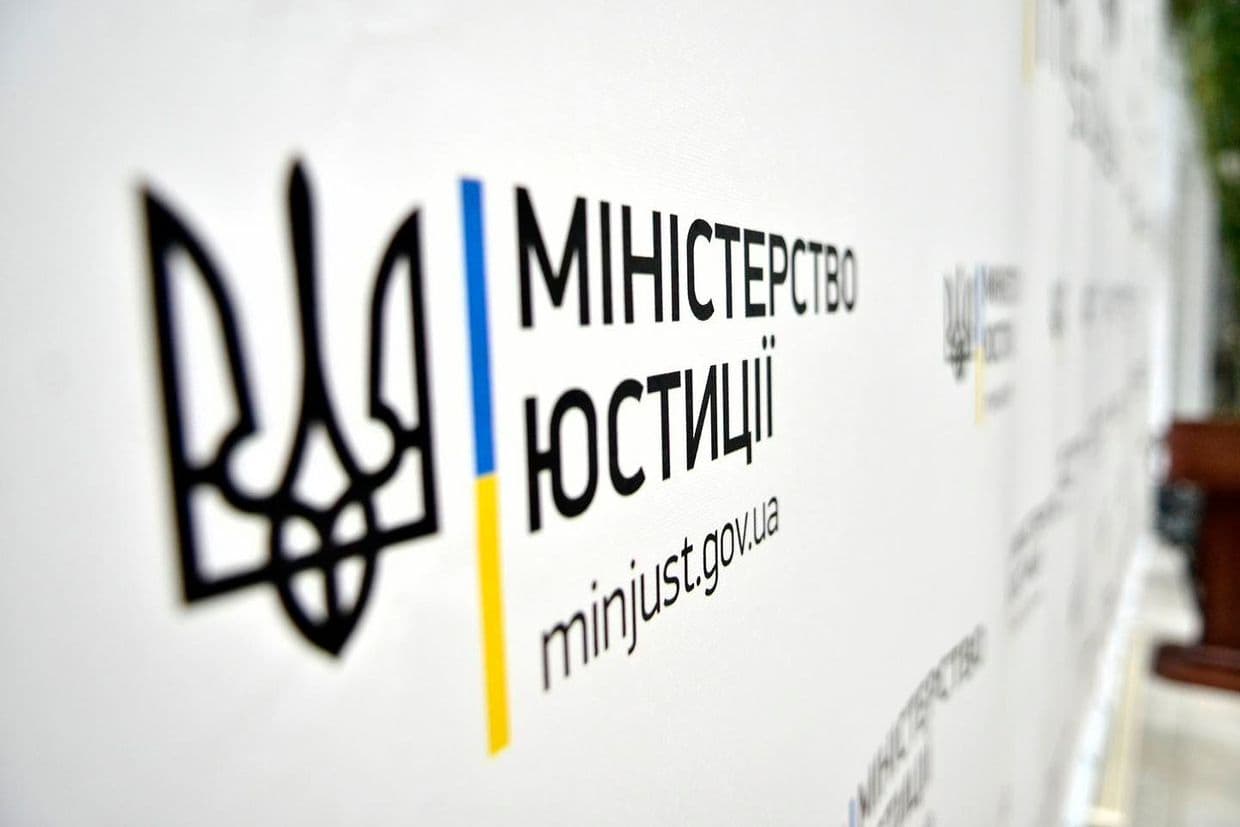Russian cyberattack: Breach occurred at 'top-level account,' MP says

Hackers could have used phishing or bribed employees to breach Justice Ministry registers during a Russian cyberattack last week, Oleksandr Fedienko, head of the parliamentary subcommittee on cybersecurity, told Radio Free Europe/Radio Liberty (RFE/RL) on Dec. 23.
Phishing is a technique that enables hacking by prompting an employee of the targeted organization to click on a link or download a malicious file disguised as harmless, among others.
Behind the scenes of the fierce battles on the front line, Russia and Ukraine are waging a cyberwar, targeting government institutions and strategically important businesses.
Fedienko said that the recent cyberattack appeared well-organized, that the attackers had knowledge of the servers' internal architecture, and that the breach occurred at a top-level account.
The lawmaker added that the targeted databases had backups and the registers could, therefore, be restored "in a week or two."
First Deputy Justice Minister Mykola Kucheriavenko said on Dec. 22 that the Justice Ministry has faced "serious challenges" after the largest cyberattack in months targeted state registries.
Justice Minister Olha Stefanishyna said the cyberattack on Dec. 19 targeted several government services, including state registers overseen by the Justice Ministry. Officials say the cyberattack had been prepared for months.
The Security Service of Ukraine (SBU) suggested on Dec. 20 that Russia's military intelligence agency (GRU) could be behind the cyberattack on Ukraine's government services.
Former Justice Minister Denys Maliuska told Ukrainian media outlet Ukrainska Pravda that most of the information Russia stole was "already freely available," though closed registers were also affected.














